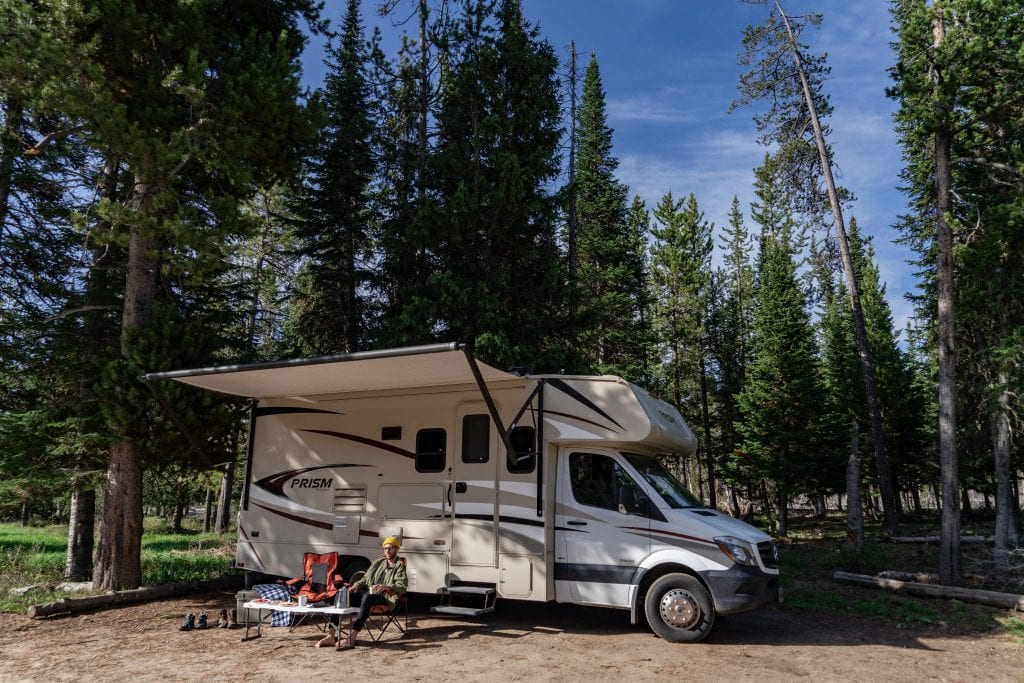Skift Take
Working or vacationing in recreational vehicles could go much more mainstream in a post-pandemic world. On the other hand, gas guzzlers won't be very attractive to an increasingly climate-conscious public.
Fresh off a $100 million fundraising round, recreational vehicle rental outfit RVshare is taking advantage of the collapse of flights, as people look for alternative means to take a vacation.
But although CEO Jon Gray said RVshare closely monitors Transportation Security Administration statistics to gauge airline passenger volumes, the real competition lies elsewhere.
“Our biggest competition right now is people going camping and sleeping in a tent,” Gray said on Cheddar earlier this week.
Like Zoom and others that have made substantial gains during the pandemic, RVShare has become a replacement trip for cruises, and European vacations, Gray said.
“I think that has really fast-forwarded awareness and usage in our category by about five years,” Gray said.
Other takeaways from the interview:
- RVshare has several things in common with Expedia Group’s Vrbo vacation rental business. Both have Austin, Texas roots and pair consumers with suppliers in an online marketplace. But more importantly, the core market for both is families — or bookers whose ages skew higher.
- The digital nomad boom is driving growth, and could be a long-term opportunity. With many offices shut down because of the pandemic, Gray said younger people are renting RVs to work from anywhere, and that the flexible workplace could be a substantial growth area in the future.
The Daily Newsletter
Our daily coverage of the global travel industry. Written by editors and analysts from across Skift’s brands.
Have a confidential tip for Skift? Get in touch
Tags: flights, online travel, RVs, RVshare, vrbo
Photo credit: A recreational vehicle is shown. Like Zoom, RVshare has grown exponentially during the pandemic. RVshare
